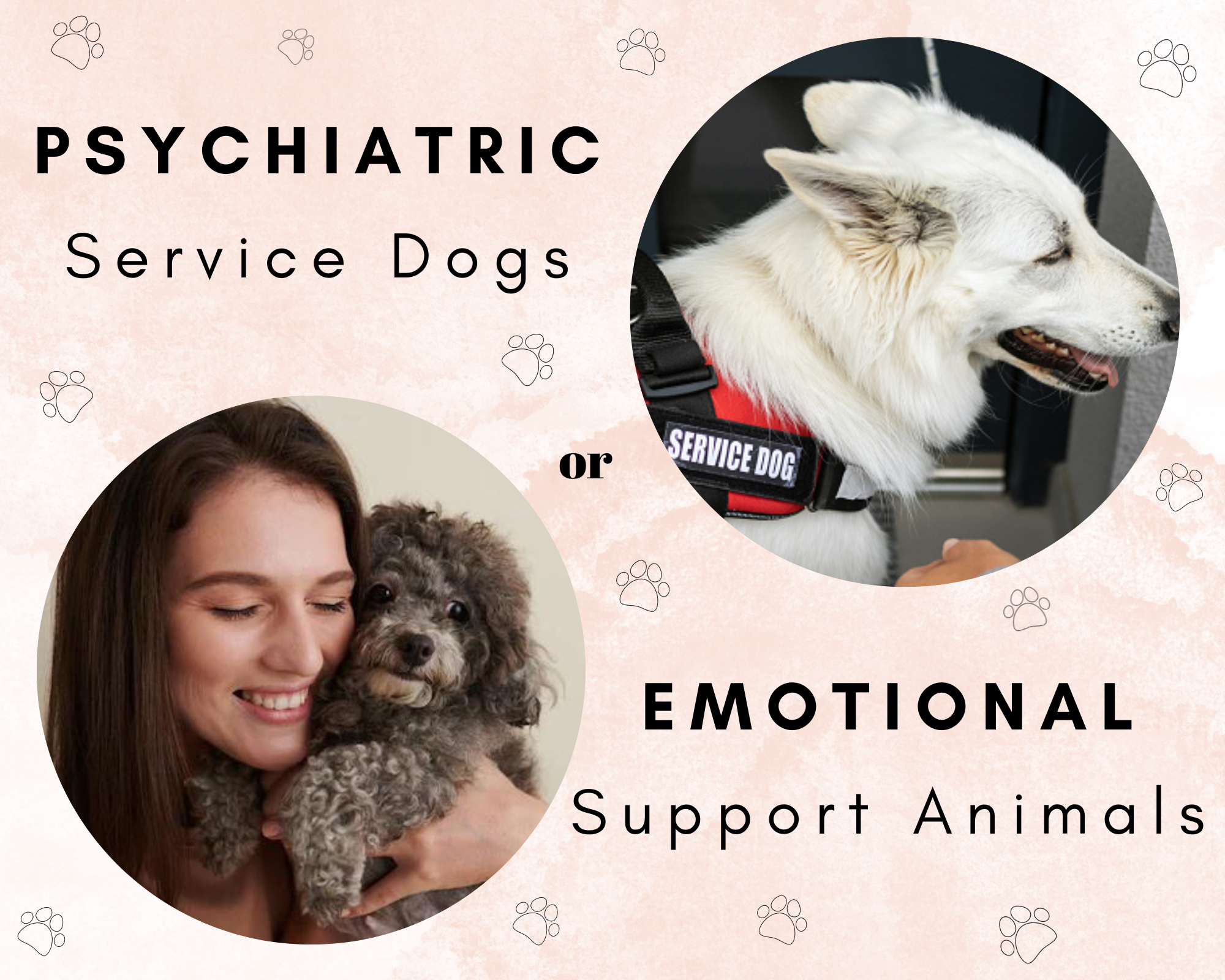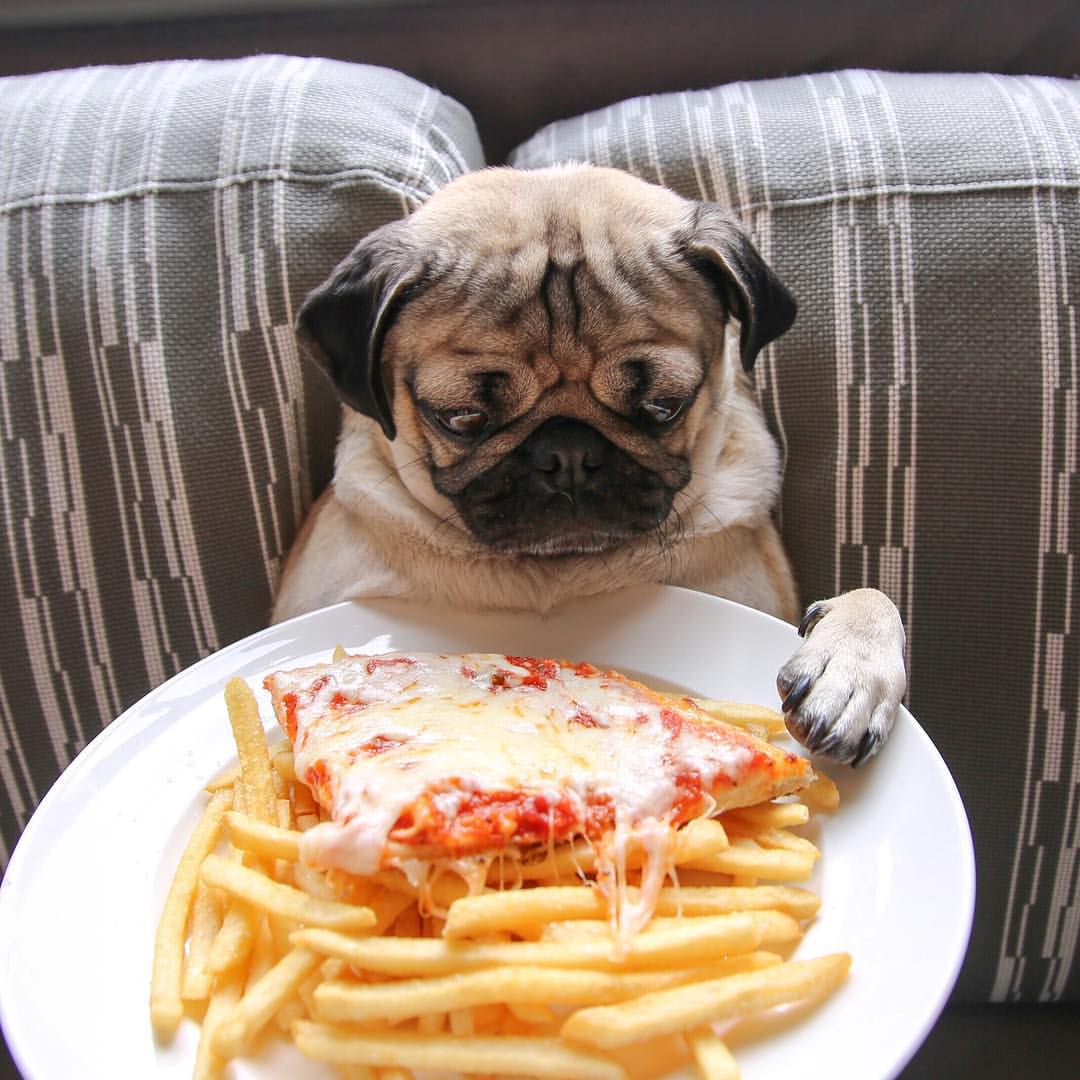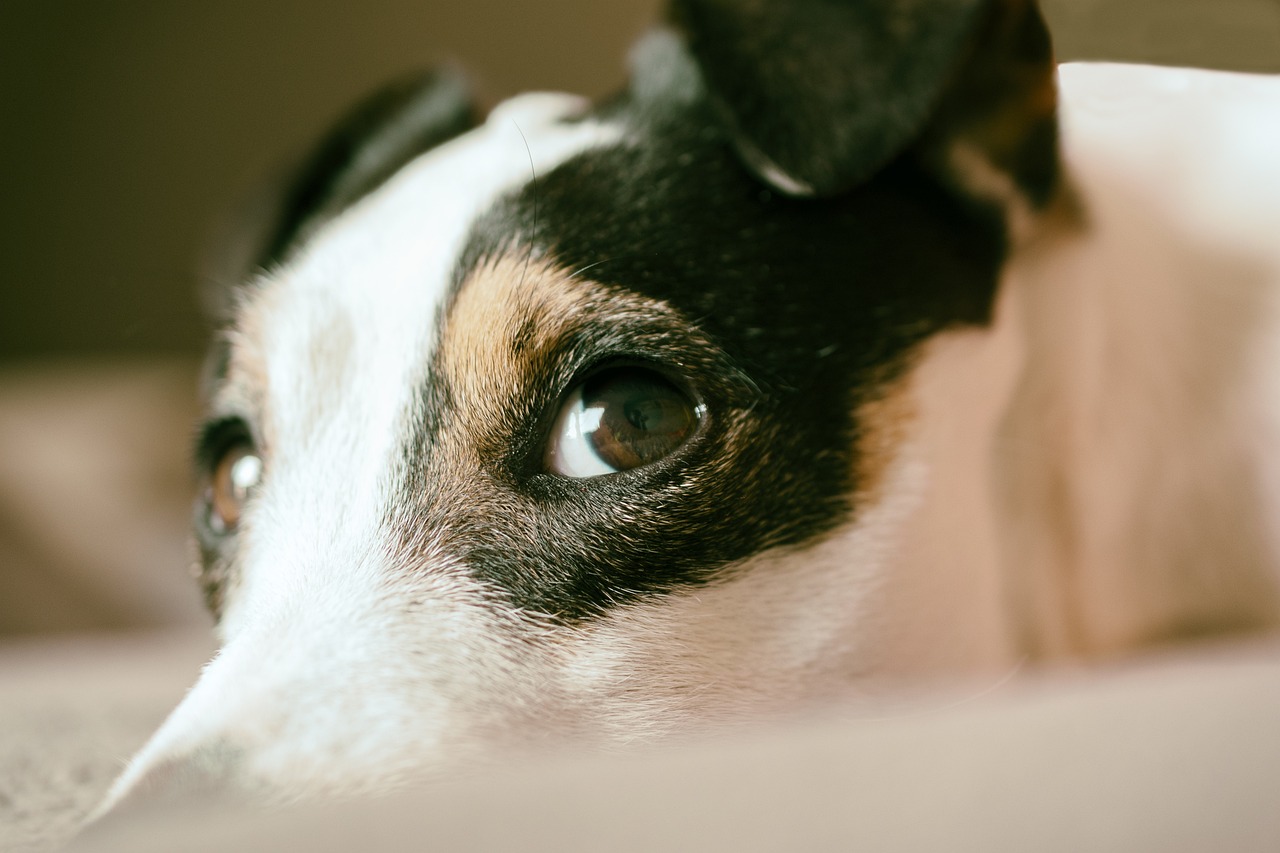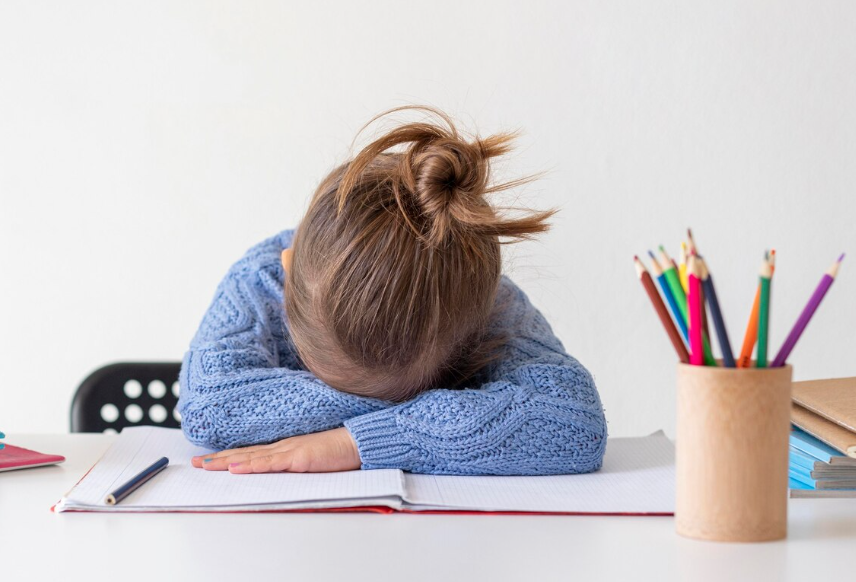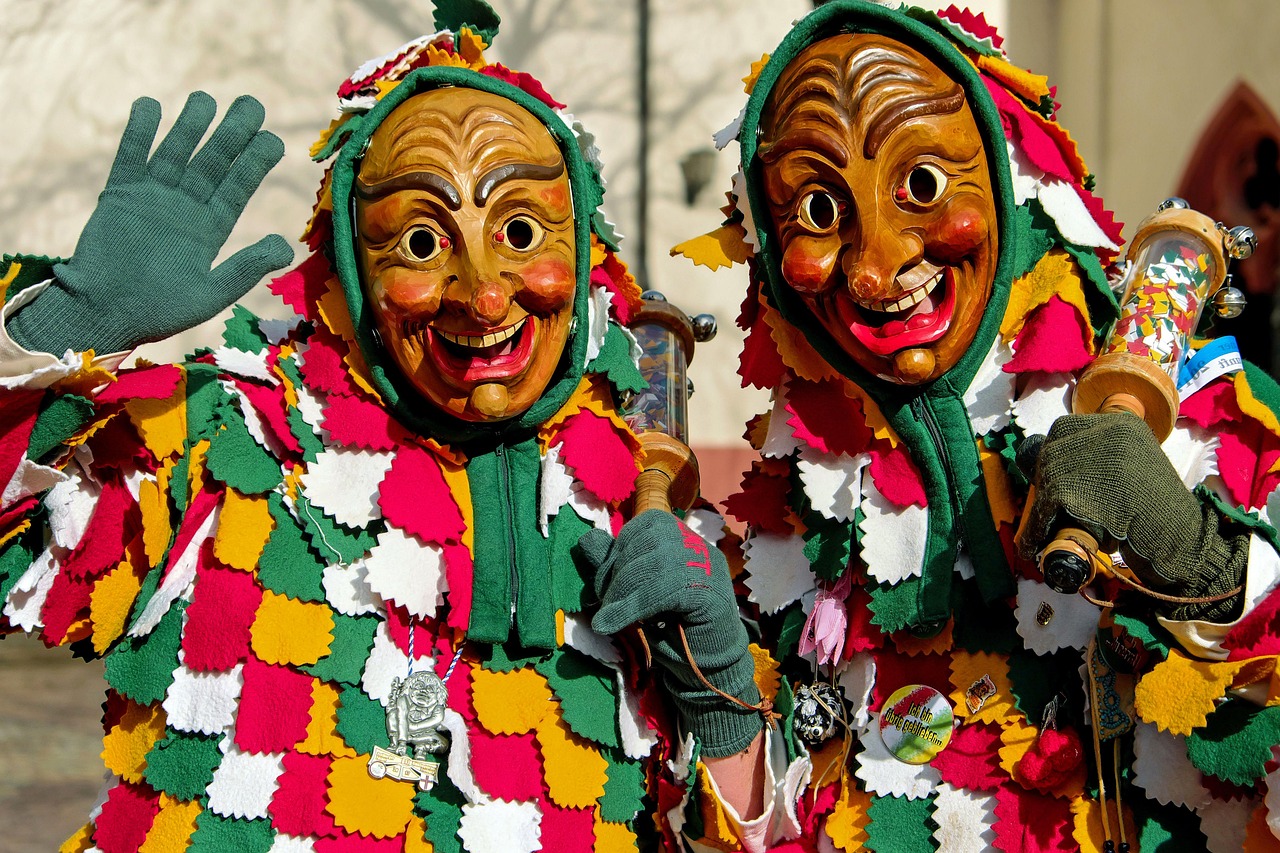- Why Should You Pay Attention to Your Pet’s Oral Hygiene?
- What Is Periodontal Disease and How Serious It Can Become?
- What Happens if Periodontal Disease Is Left Untreated?
- Symptoms of Periodontal Disease
- Other Causes of Dental Issues
- Factors Related to Dental Issues
- Prevention of Dental Issues
- Professional Dental Cleaning
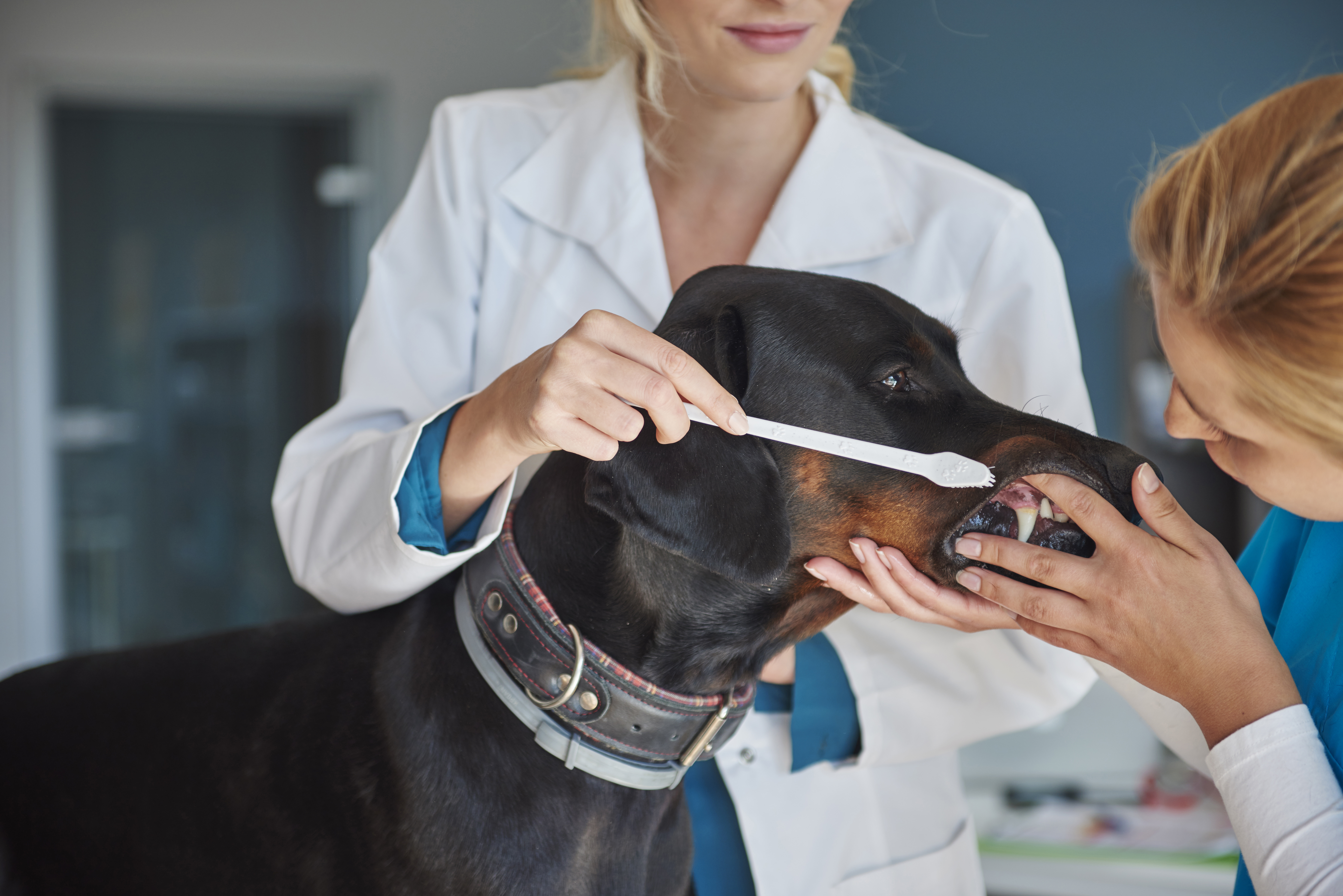
When talking about our pets and the care they need, we usually refer to properly feeding them, taking them for a walk, playing with them, or otherwise paying attention to them, as they are also a part of our family. Dental care is not among the common things we think about when it comes to pet care. Why is that so?
If you might not have thought about dental care too much as a dog or cat owner then you might want to keep reading.
Why Should You Pay Attention to Your Pet’s Oral Hygiene?
You may think that your dog or cat does not need a veterinarian check as his/her ancestors are not likely to have some dental issues, right? A big difference between wild animals and our domesticated dogs and cats is that food high in fiber is the main part of wild animals’ diet, and also they spend much time chewing their food. Bones, grass, and sticks to chew are additional “tools” that help remove tartar and keep wild animals’ teeth clean.
However, this is not the case with our beloved paw friends. It is known that at the age of 3 years 70-80% of cats and dogs may develop some dental issues. If left untreated, these dental problems can cause serious illnesses such as kidney and liver disease and even affect the heart.
What Is Periodontal Disease and How Serious It Can Become?
This is probably the most common dental disease in dogs, which mainly affects small dog breeds. During the first stage of the disease’s development bacteria builds up in the mouth of your dog or cat. Over time, it leads to plaque after being in contact with your pet’s saliva and any food leftovers in his/her mouth. During the next stage, as bacteria keeps developing and bacterial film on your pet’s teeth hardens, tartar builds up. Tartar is actually calcium that hardens on the enamel as well as under and around the gum line. The hard and thick surface of tartar eases bacterial access to teeth, which causes more plaque to build up. This process also affects the gingival tissues (which are actually the gums).
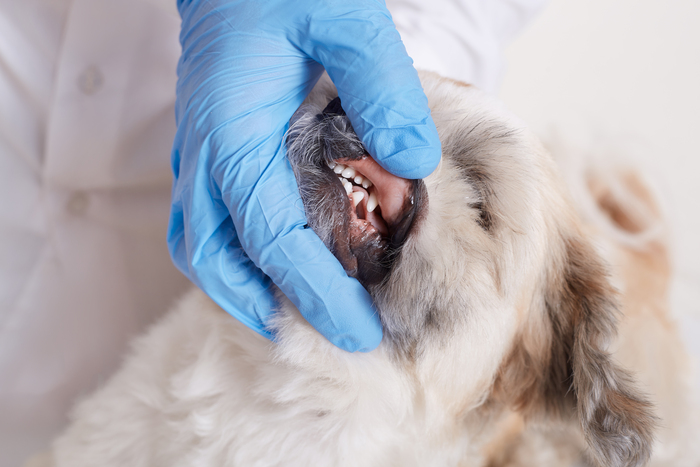
What Happens if Periodontal Disease Is Left Untreated?
If you do not take any action to handle the issue, your paw friend’s gums will become red, and swollen, which is likely to be accompanied by pain and bleeding. During the next stage of the development of this disease, organs are likely to be damaged as well, i.e. kidneys, liver, and even the heart.
Symptoms of Periodontal Disease
As mentioned above, this disease will affect not only the teeth but also the gums of your pet, hence if you notice that they are swollen and red, you should consult a veterinarian immediately.
Another common symptom is bad breath. If you regularly feed your dog or cat kibble, this diet may affect his/her breath. However, we are talking about terrible breath, which is likely to make you turn around and filled with disgust.
If you notice that your pet has stopped eating, his/her appetite has decreased, or he/she seems to have difficulties with chewing, you should check his/her teeth and gums. You should be very careful, since pets who are in pain may bite.
Another symptom, which is more serious is tooth loss.
If the disease has already spread into your pet’s bloodstream, your pet can become sick. He/she is likely to be lethargic, less energetic, and eager to be petted, play with you, or otherwise have physical contact. Cats are likely to hide and may even become aggressive if approached.
Other Causes of Dental Issues
Beside Periodontal Disease there are other factors that can lead to dental problems. These can also be:
-Infected teeth;
-Broken teeth;
-Tumors/cysts in the mouth;
-Abscesses;
-Fractured jaw;
-Palate issues;
-Malocclusion (teeth are not properly aligned)
Breed
Flat-muzzled dog and cat breeds (the so-called brachycephalic breeds) are more prone to both dental and respiratory diseases. When it comes to dental issues, their teeth are likely to not be properly aligned. This results in the tendency for diseases to develop, as teeth are harder to clean.
Age
Age is a common factor related to different types of illnesses. The older your pet gets, the more likely he/she is to develop various health conditions.
Food
Here comes your part as an owner. You are responsible for feeding your pet quality food (you should avoid food with additives and coloration). If you are not sure what diet would be the most suitable one for your paw friend, you should consult a veterinarian.
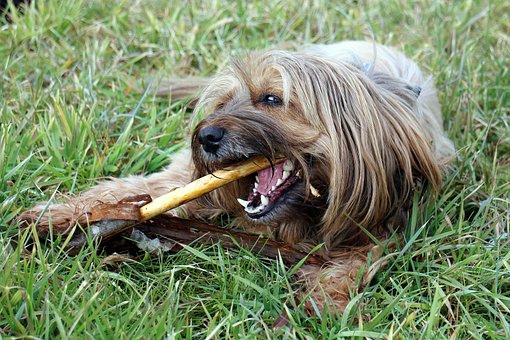
Prevention of Dental Issues
In order to keep your pet healthy, you should think about what steps you can take to prevent him/her from developing any dental problems.
The first step is to think about your pet’s diet. As mentioned above, you should opt for brands, that provide food with quality ingredients. A balanced diet that will provide all the nutrients your dog needs, would be the best choice. It is recommended that you feed your dog/cat with both wet and dry food. Also, there is food, specially designed to take care of your dog's/cat's dental hygiene. Dental sticks are also a good option to consider. If you are not sure what the best diet for your paw friend is, you should consult a veterinarian.
Another thing you can do at home is to brush your pet’s teeth. There are types of toothpaste on the market, specially designed for dogs/cats, whose taste is pleasing to them. You should not forget to bring your pet for regular veterinarian checks (at least annually). Dental cleaning is a further option you may want to opt for. It will be more effective than cleaning at home and will prevent periodontal disease from developing and moving to the next development stage.
Professional Dental Cleaning
Professional dental cleaning requires your pet to be under anesthesia (about 40-50 minutes), in order for the procedure to be done. There are always risks associated with having a person or a pet under anesthesia. That is why it is crucial for your pet’s health, that his/her veterinarian runs blood tests to make sure that kidneys and liver are properly functioning. Constant supervision of blood pressure, temperature, and heart rate are also essential. Also, you should consult with the vet about any allergic reactions your pet may have to anesthesia agents.
Since professional dental cleaning can be expensive, you may want to consider health insurance for your pet.


